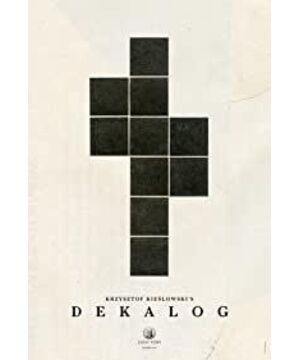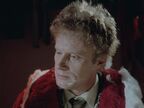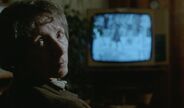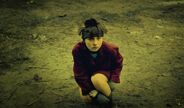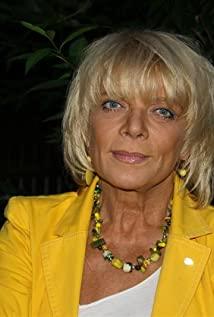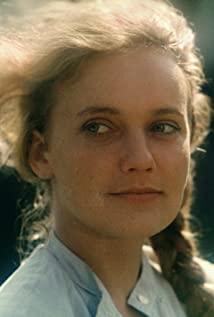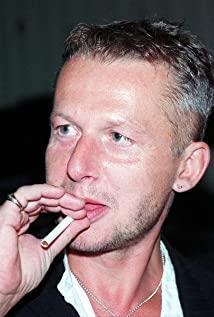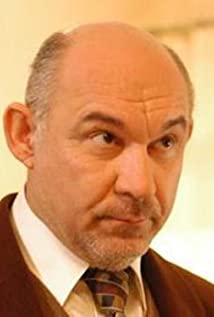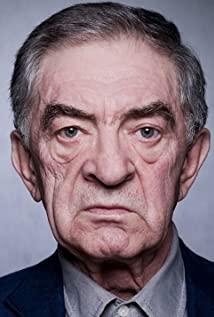The film begins with the community administrator asking the old doctor if the dead rabbit was his. The old doctor resolutely denied it for granted. He hated and feared all things that died. He sighed at the withered cactus, believing that it was bound to die. He lived alone and told Barbara, an old maid who came to clean every day, about his life experience: how an old father, wife, and a pair of young children died in an accidental bombing. He does not believe in one God for all, but only in private Gods.
The husband of the female musician is the dying patient of the old doctor. At this time, what she cares about is not to bring her husband back from the dead, but to choose between abortion (other people's children) or not. If the husband lives, the child dies, if the child dies, the husband lives, and she can never have her own child (the husband is sterile). Even more important is her judgment on conscience: "No adultery", she fears being punished after death and entering the river of hell. Hence the decision to have an abortion. She told her husband that she loved him very much. She was actually comforting herself. I think his husband's serious injury must have something to do with his wife's infidelity. He later came back from the dead and said to the doctor: "He hates this ugly world so much that he thinks there is nothing worth lingering on." Maybe that's why he went to the mountain and suffered He was seriously injured, and he also knew that his wife was pregnant with someone else's child.
The most exciting part of the whole film lies in the old doctor's choice: on the one hand, he changed his previous complete trust in X-rays, competed with death for the life of the female musician's husband, and finally succeeded, keeping the life determined to die ; On the other hand, lied to the female musician, saying that her husband was hopeless and saved the life of an innocent child. This is a life-oriented choice, rooted in the deep pain of losing his family. Nothing is more precious than life, nothing is more beautiful than life, and nothing is more precious than touching all the miraculous things in the world. For moving!
He said to the female musician, I want to listen to your symphony concert, in which she portrays her musings in life movements such as Beethoven for a long time. Her soul brought clarity, and art brought forth the growth of truth; he ushered in a moving question from her husband who had returned from the dead: "We are about to have a child... Do you know the meaning of a child?" - "I know." The old doctor muttered.
These three people who were hurt and hurt in the world, in the face of the critical juncture of life's departure and retention, respectively, actively or passively, gained a new understanding of the meaning of life. Life is higher than moral precepts, higher than the past Knowing the scientific "truth", the problem of life cannot be avoided and must be grasped bravely. In the face of life, people should forgive each other.
In the first episode, the "fire youth" appeared in this episode as a doctor in white, who was not discovered by anyone, and testified in the old doctor's office and the couple's ward. His eyes were cold, but with a look of compassion and deep meaning.
To sum up, this episode should be interpreted more accurately as "Song of Life".
View more about Dekalog reviews


